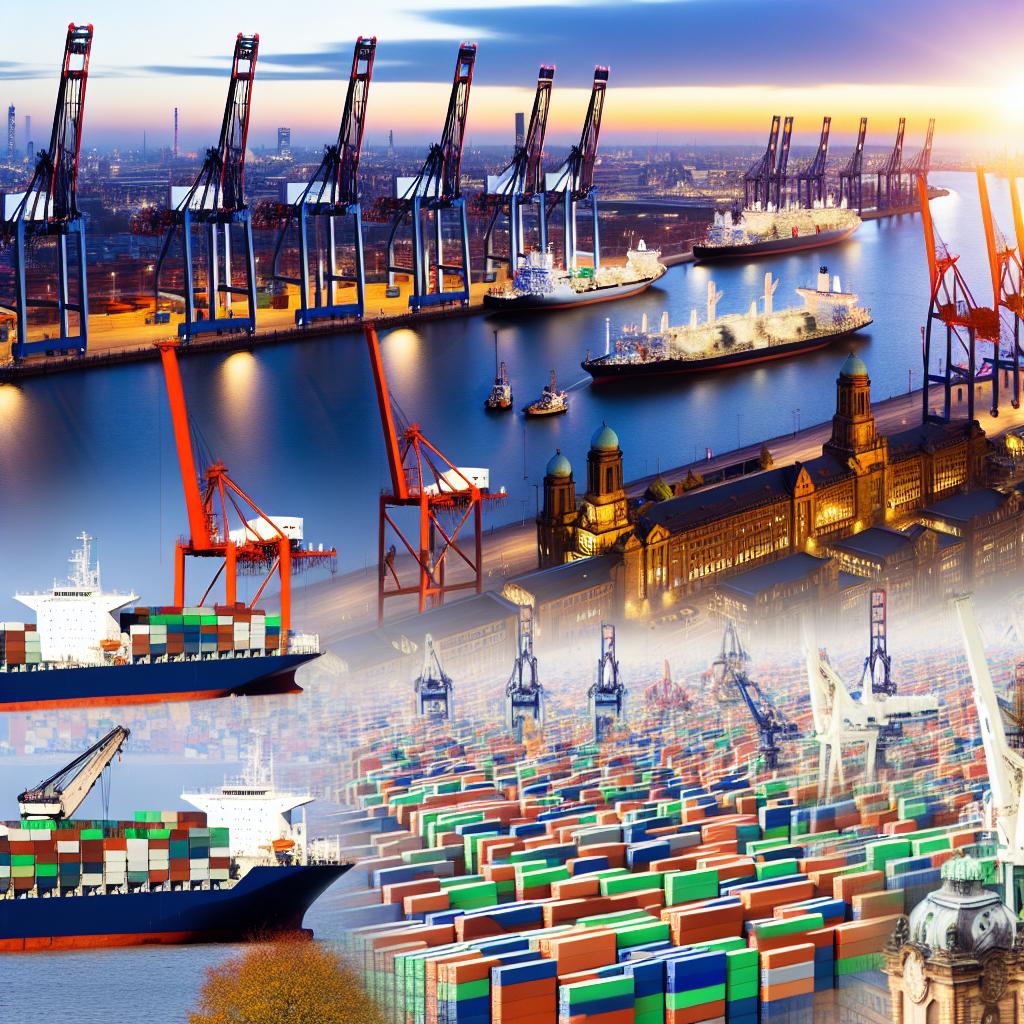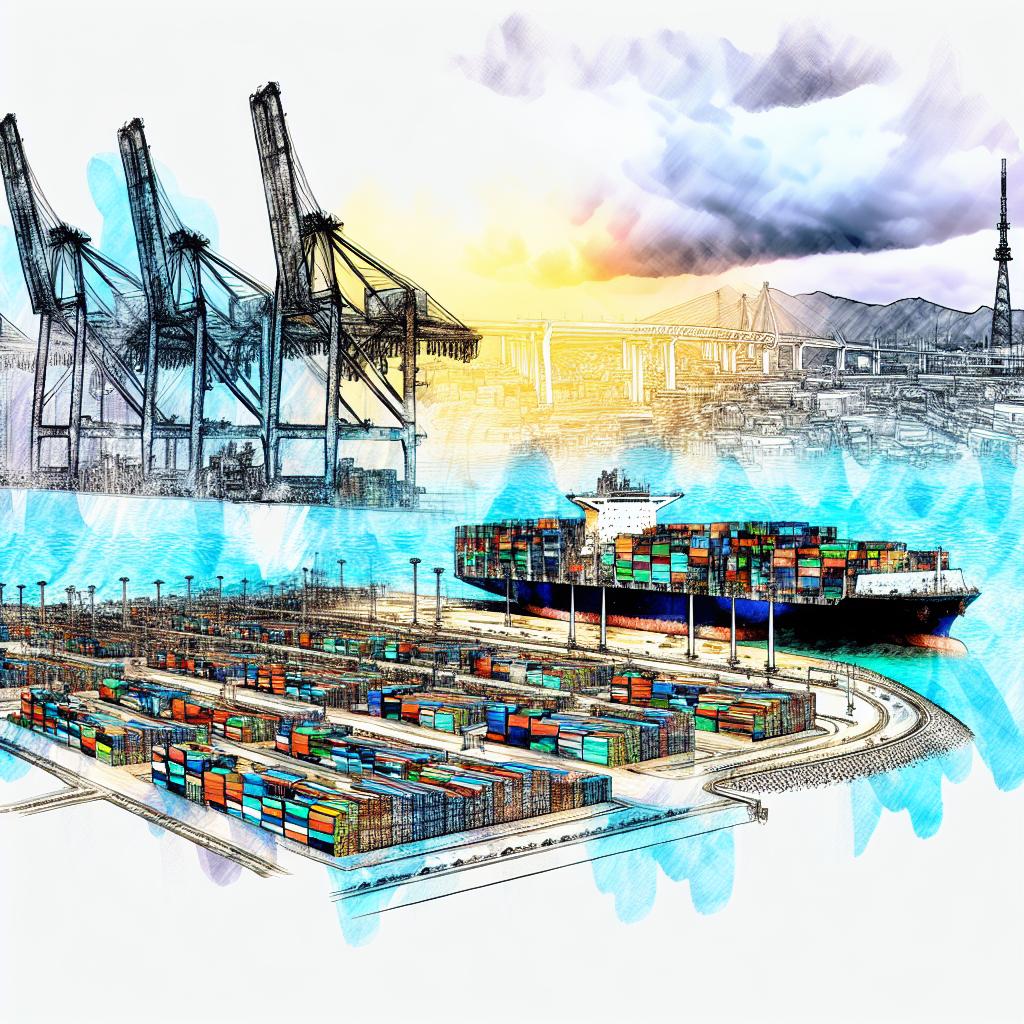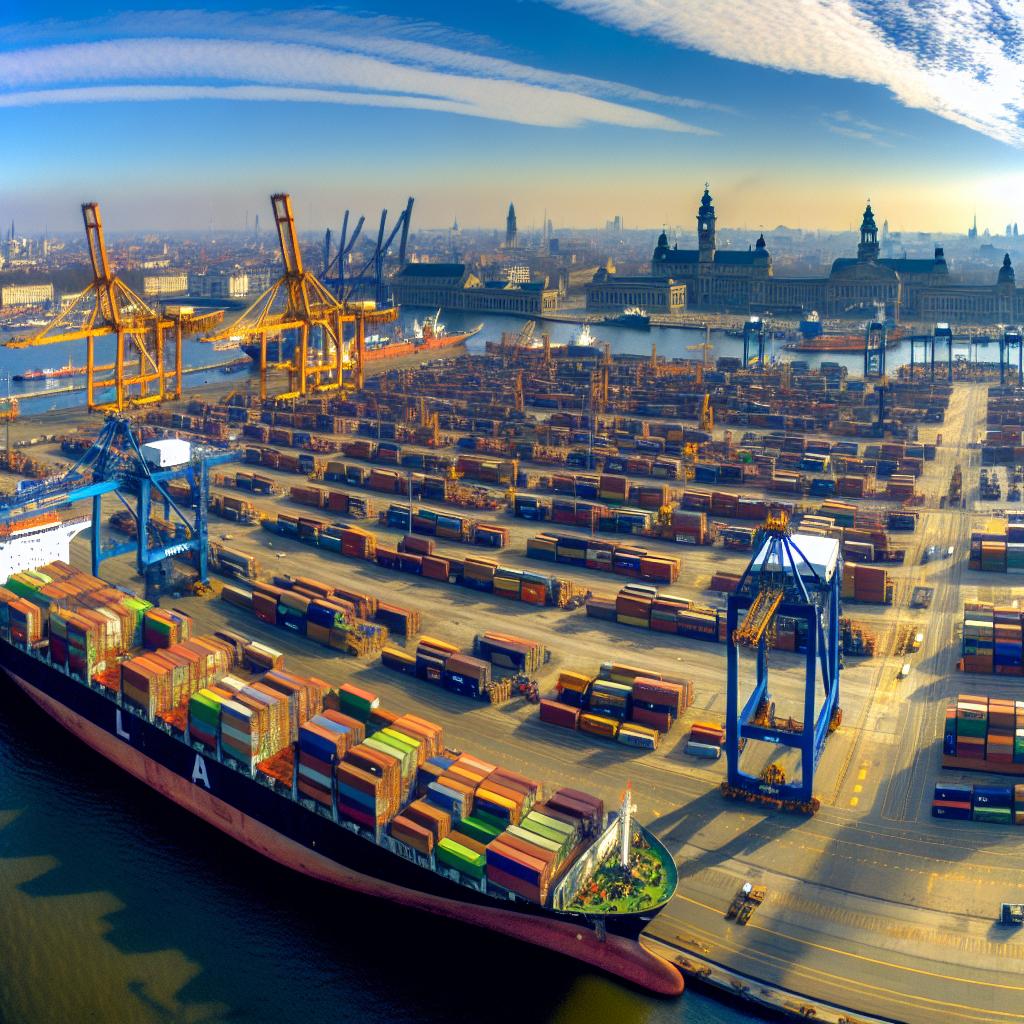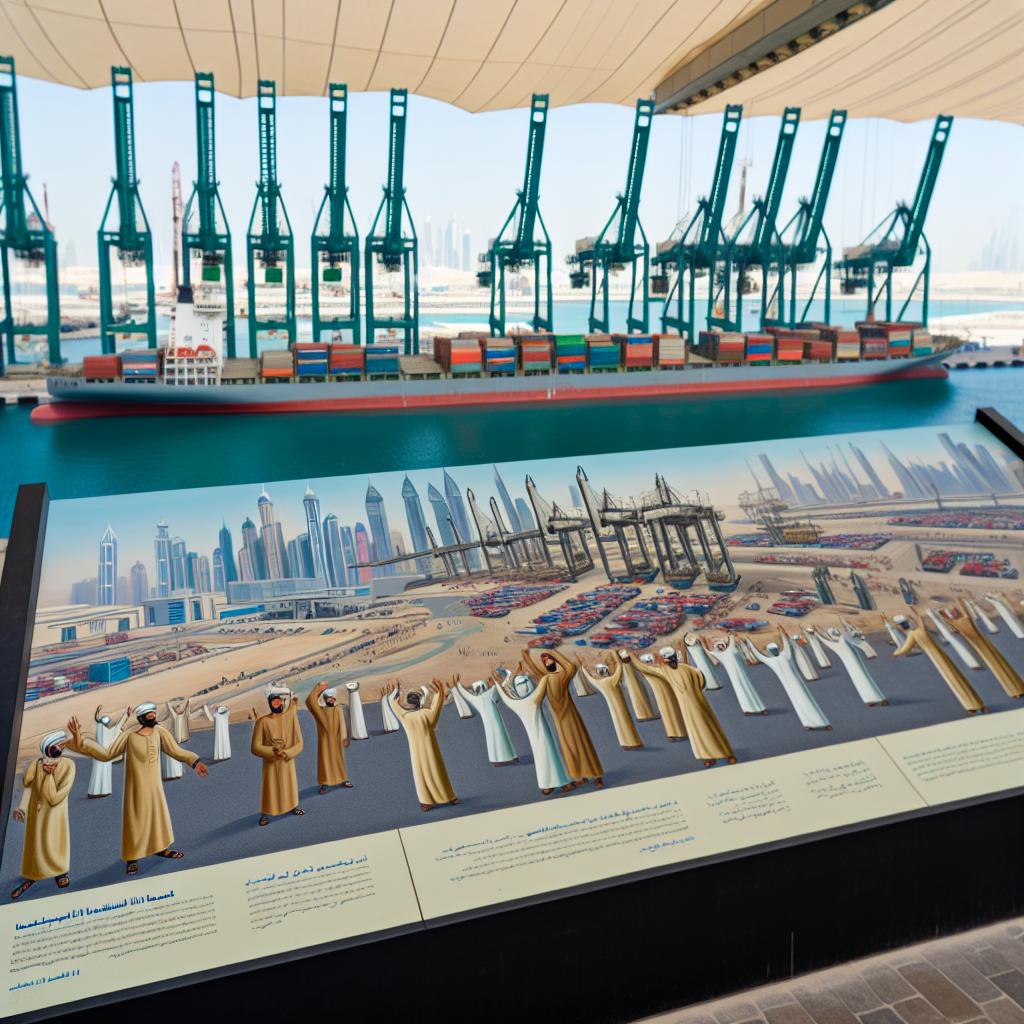The Economic Significance of the Port of Hamburg
The Port of Hamburg, often referred to as Germany’s “Gateway to the World,” stands as the largest port in the country and plays a pivotal role in the nation’s economy. Strategically positioned on the River Elbe, approximately 110 kilometers from the North Sea, it serves as a critical hub for international trade and logistics. Its significance cannot be overstated, as it highlights Germany’s connectivity and economic prowess on the global stage.
Historical Context and Development
The Port of Hamburg boasts a rich history that spans over 800 years. The port’s progression has been instrumental in establishing Hamburg as a commercial powerhouse. Initially used as a simple landing point, the port evolved significantly, prompting the city to become one of the foremost trade centers in Northern Europe. Substantial investments in infrastructure and technological advancements over the centuries have facilitated the port’s evolution into a modern and efficient complex capable of handling a diverse range of cargo types.
Infrastructure and Connectivity
The infrastructure of Hamburg’s port is both vast and sophisticated. It is equipped with cutting-edge facilities, which include container terminals, bulk cargo facilities, and extensive logistics centers. These facilities ensure seamless operations and enhance Hamburg’s connectivity with the rest of the world. An integral aspect of the port’s functionality is its robust connection to major European transportation networks. This includes railways, highways, and inland waterways, which enable the efficient distribution of goods to and from the hinterlands, further underscoring the port’s strategic significance.
Container Traffic and Trade Importance
The Port of Hamburg ranks as one of the largest container ports in Europe, handling millions of twenty-foot equivalent units (TEUs) annually. Such a high volume of container traffic clearly underscores its importance in global supply chains. Given Germany’s heavily export-oriented economy, the port’s capacity to facilitate trade with key markets across the world is indispensable. The port serves as a keystone in international commerce, bridging markets in Europe, Asia, and beyond, and thus, supports the economic stability and growth of the region.
Employment and Economic Impact
The Port of Hamburg is more than just a transit point for goods; it is an economic engine that contributes significantly to job creation and economic activity in the region. The port directly and indirectly supports thousands of jobs, spanning from dockworkers and logistics personnel to engineers and administrative staff. The wide array of occupations generated by the port illustrates its crucial role in the local economy. Furthermore, the port’s activities generate substantial revenue, fostering growth in adjacent industries such as shipping, transportation, and warehousing. These contributions significantly bolster the national economy, reflecting the port’s irreplaceable value.
Environmental Initiatives
While the port remains a cornerstone of economic activity, sustainability has become a central focus in its operations. Environmental initiatives aimed at mitigating ecological impacts are continually being developed and implemented. To align with environmental standards and contribute to sustainability goals, investments in green technology have become a priority. These include shore power solutions for docked ships and modern emission-reducing machinery. Through these efforts, the Port of Hamburg endeavors to minimize its environmental footprint while maintaining its status as a key player in international trade.
In summary, the Port of Hamburg is an indispensable asset to both the local and national economy. Its strategic location and comprehensive infrastructure are vital components, underscoring its role in international trade. As a major employment hub, the port’s influence extends beyond shipping, impacting a wide array of economic sectors. Its commitments to sustainability ensure that the port remains a leading entity in global logistics and commerce for years to come. The Port of Hamburg truly exemplifies how historical legacy and modern innovation can coexist, driving economic growth while addressing contemporary challenges.




